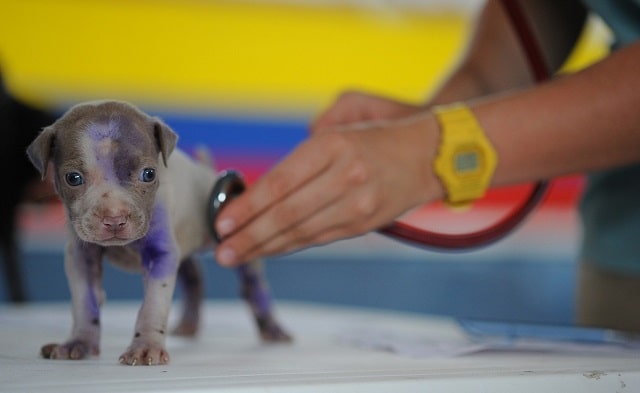Veterinarians hold a vital role in caring for our furry companions. However, even the most well-intentioned vet is human and can make mistakes at times.
By understanding common pitfalls, pet owners can help ensure their pets receive the best possible care.
This article examines 6 issues that sometimes arise in vet practices and how open communication plus preventative strategies work to remedy them.
Mistake #1: Inadequate History Taking
Failing to spend adequate time with patients can result in missed details about an animal’s medical history, living situation, or exhibited signs that are important to accurately diagnose issues and prescribe appropriate treatment. Hasty appointments raise the risk of misdiagnosis or inadequate care.
Taking a comprehensive approach through thorough questioning and review of medical records documenting trends over time can lead to improved health outcomes for pets.
Mistake #2: Improper Diagnosis
Reaching a conclusive diagnosis prematurely, without fully exploring alternative possibilities, risks establishing an inaccurate determination. Seeking additional expert consultations or targeted medical evaluations helps achieve a well-rounded assessment.
Particularly for intricate cases, collaboration amongst specialists facilitates a multidisciplinary review increasing the chances of identifying the underlying causes.
Mistake #3: Inappropriate Treatment
If a misdiagnosis occurs, follow-up treatment will also be flawed. Taking time to fully discuss viable options and their pros/cons helps owners provide informed consent for the right approach.
Mistake #4: Poor Communication
Veterinary jargon, iatrogenesis, or dismissive attitudes sow confusion and distrust. Clearly communicating diagnoses, care approaches, associated expenses, and options in plain language that clients can readily understand serves to strengthen the working relationship.
Fostering open exchanges where veterinarians explain conditions, procedures, and recommendations in an accessible, transparent manner helps clients make fully informed healthcare decisions for their pets and promotes confidence in the medical guidance and care being provided.
Mistake #5: Failure To Follow Up
When treatment begins, being able to properly track progress and adjust as needed for potential side effects depends on maintaining consistency in care. Providing easy ways for patients to ask follow-up questions ensures medical cases do not fall through the cracks.
Owners benefit from guidance on how to monitor their pets’ response to the prescribed treatment plan and instructions on when and how to report back.
They also need a reliable point of contact if side effects emerge or any adjustments seem warranted based on observations at home.
Mistake #6: Losing Compassion
A veterinarian in Bradenton, FL knows caring for ill, injured, or suffering pets day after day weighs heavily.
However, maintaining awareness that each patient is a beloved family member receiving care helps counteract fatigue, cynicism, or detachment from compromising treatment standards.
Recalling the profound impact veterinary work has on the well-being and quality of life of real living beings prevents compassion fatigue from diminishing the standard of care provided.
Preventing Mistakes
While incidents will always occur, diligent veterinarians can minimize risk through a commitment to continuous education, accountability, communication, and compassion-focused practices that place each patient’s priorities over ego or inconvenience.
Owners, too, play a role through open cooperation, questions when confused and not tolerating subpar care. Together with understanding computer errors and inevitable lapses remain human, the veterinary-client bond is strengthened to benefit our beloved pets with the full support of their best health and welfare.
Communicating Concerns
Bringing immediate issues to vets respectfully allows course correcting poor care versus abandoning a practice. Most aim to please and any team willing and able to learn from missteps should be supported transparently discussing shortcomings constructively.
Those declining feedback or citing policies defeating common sense may warrant seeking a partner willing both to learn and teach for mutual understanding.
With cooperation, continuous learning decreases risks for all through empathetic understanding focused on pet-centered resolutions.
To Wrap Up
While even skilled professionals err at times, maintaining passion, accountability, and enduring focus on the animals depending on their care allows skilful veterinarians to prevent avoidable lapses benefiting patients.
Proactive communication strengthens relationships between clients and practitioners toward the shared goal of providing the excellent health outcomes our furry family deserves.
With understanding and cooperation between all stakeholders, preventable mistakes are minimized through open-mindedness and care-focused teamwork.





